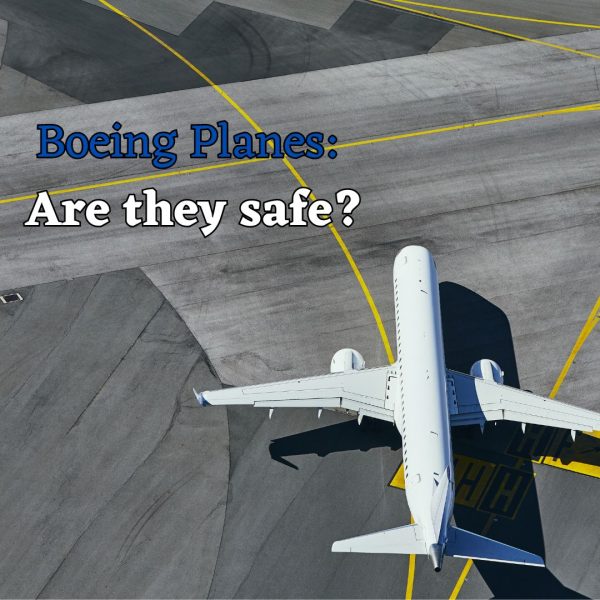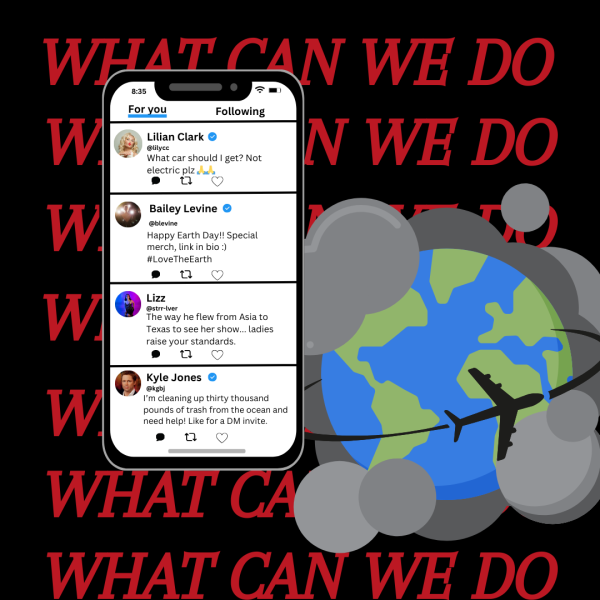Denying eSports
Whether an eSport (professionally played video game) should be considered a sport is an intensely debated topic. Denying eSports takes a closer look into eSports, how they’re conducted, and if their conduct is worthy of the title sport.
The crowd of thousands screams in excitement as team America walks on stage to meet team South Korea in the National Overwatch Tournament hosted at Blizzcon in November 2016. Six internet icons known for their vigor and skill in competitive Overwatch play, handpicked by tens of thousands of voters, and illuminated by the 22 skillfully diverse playable characters come together from each country to compete all in one worldwide tournament. They seat themselves at their respective seats, and the match begins.
eSports, or electronic sports, are professionally played virtual games. Professional video gamers gather under a team to go toe to toe against other teams around the world. The biggest of events are held in massive stadiums and gather crowds of tens of thousands along with millions watching at home. Comparatively, the 2016 ELEAGUE finals had a little under 27 million viewers, according to the eSports Marketing Blog, just below the 2016 NBA viewership of 30 million. No doubt, eSports have the viewership of a sport, but despite the name, many people deny eSports of the title “sport.” Some argue that eSports are merely competitions, and viewership doesn’t amount to a sport, the physical aspects do. Others argue that activities do not require immense physical strain to be a sport, just look at archery and Olympic shooting. That then brings both parties to the question of the ages, what even is a sport?
According to Webster’s dictionary, a sport is a contest game in which people do certain physical activities according to a specific set of rules and compete against each other. eSports are classified as games in which people must use specific hand-eye coordination to accurately accomplish a goal specified by limitations and rules programmed into the game. It’s peculiar how similar they are. It’s almost as if an eSport is, in fact, a sport.
But that’s preposterous, how might a virtual game be classified as a sport? Webster himself did say that a definition isn’t particular to the dictionary and that the public’s use of a word truly defines how a word should be pronounced and used.
Take a look at ESPN, one of the powerhouses in sports media. ESPN has an extremely diverse publicly broadcasted sports selection, offering sports from football to cricket to poker. The president of ESPN claimed that eSports were not a sport, but that they were competitions like chess and checkers. However, his hasn’t stopped ESPN from jumping on the eSports bandwagon. They’ve broadcasted eSport competitions like the April 2015 Dota 2 tournament, and they continue to broadcast other gaming events such as the 2017 ELEAGUE tournament matchups on their website.
Other such arguments towards eSports are directed at how the sad stereotypical gamer locked in a dark room can never truly be seen as an athlete. This image of a pro gamer couldn’t be farther from the truth. While a gamer does spend a majority of his gaming practice sitting and staring, a professional gamer must go through many of the motions any other athlete must go through. Professional gamers live together in one house, with their respective teams, and practice for the majority of their day. Professional athletes have visited these practice stations and have found many similarities in how both professional gamers and athletes practice. Former Laker Rick Fox endorses the inclusion of eSports as a sport, going as far to create his own eSports team. Both traditional sports and eSports go through the same rigor, they have to keep themselves healthy for the sake of their overall performance, communicate with their teammates to create a sense of community, and they’re extremely passionate about their work and how they go about it.
Unlike competitions, eSports competitors aren’t reliant on prize money but paid salaries. Companies fund teams and in exchange, the players use and wear specific brands supported by said companies, which is similar to how NASCAR drivers cover their car and jumpsuit in sponsorships.
eSports are not what most see them as. They are professionally played popular games that deserve the title of sport. The overall devotion, advertising, and popularity more than classify eSports worthy of its name. eSports may be different, they might seem foreign to many, but this new sport is the figurehead of a new generation, one that grew up on video games as previous generations have grown up around a ball. To deny eSports as a legitimate sport is to deny the successors, the people who the world of sports shall be ruled by in the coming years. The world is changing rapidly, and realizing eSports is one of the first steps of many in the passing of the torch.












